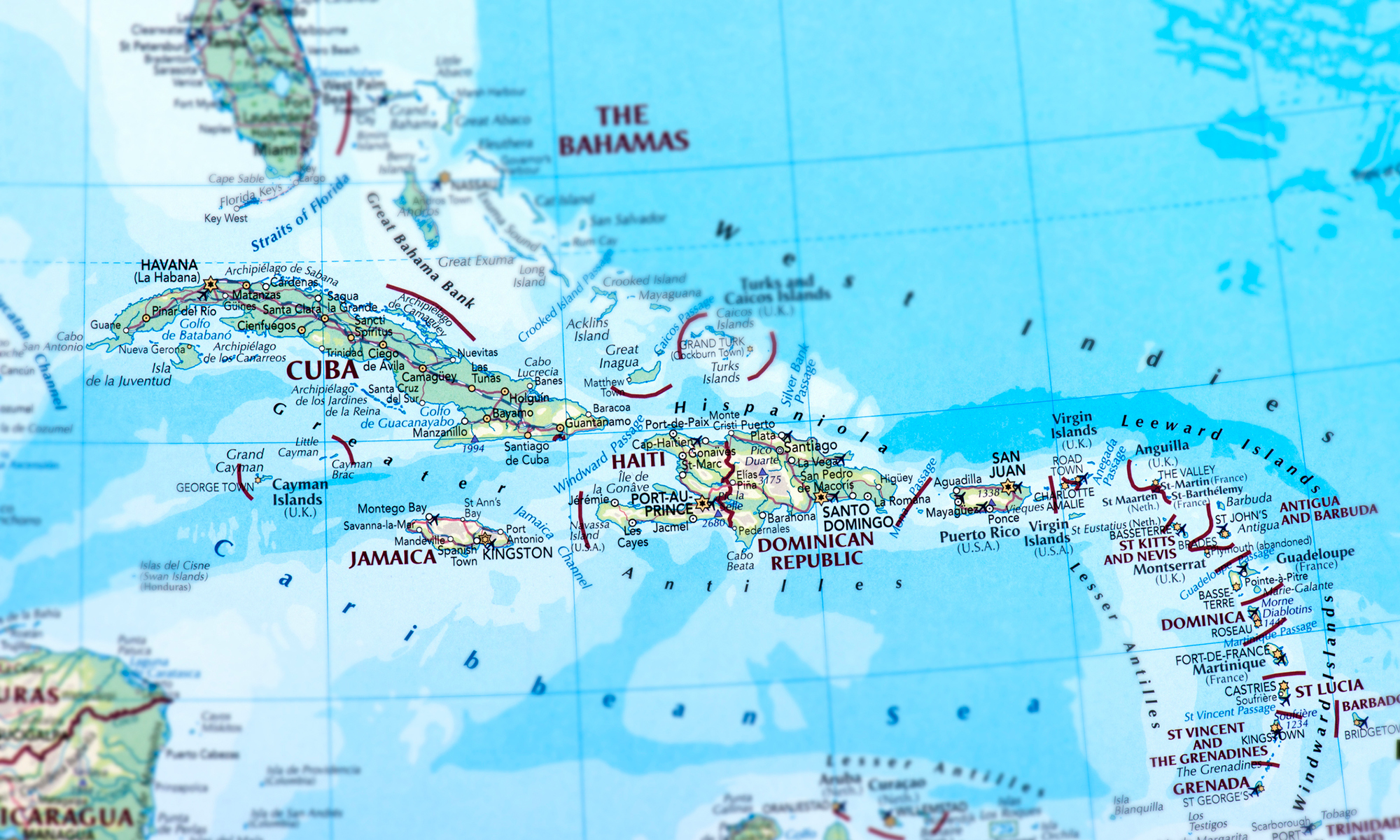The newly relaxed U.S. regulatory controls for the export of goods to Cuba have been scrutinized by the media. Not much, however, has been said about Cuba’s framework for importing goods. Understanding the Cuban government’s regulatory framework is a first step for U.S. companies looking to do business in Cuba.
Generally, U.S. firms will not deal directly with the end user of the exported product. For example, exporting agricultural products is not about trading with independent farmers or businesses in the island but, instead, about negotiating and dealing with the Cuban government through the government-run food trading company known as the Empresa Comercializadora de Alimentos (ALIMPORT).
ALIMPORT is the Cuban government’s procurement agency for U.S. agricultural products. It is the only approved importer for U.S. food products such as wheat, fruits, vegetables and meat. U.S. firms must negotiate with, and deliver goods to, ALIMPORT, who then takes control of the imports at the Cuban point of entry, manages distribution throughout Cuba and coordinates payments. The United States Department of Agriculture’s report on Cuba notes that “the key difference in exporting to Cuba, compared to other countries in the region, is that all U.S. agricultural exports must be channeled through one Cuban government agency, ALIMPORT.”
Jose A. Aquino (@JoseAquinoEsq on Twitter) is a special counsel in the New York office of Duane Morris LLP, and a member of the Duane Morris Cuba Business Group. This blog is prepared and published for informational purposes only and should not be construed as legal advice. The views expressed in this blog are those of the author and do not necessarily reflect the views of the author’s law firm or its individual attorneys.
